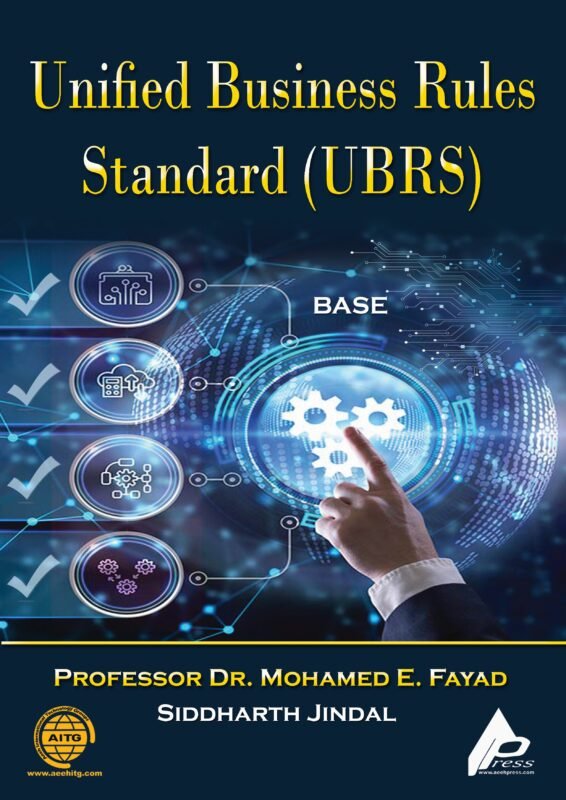Unified & Stable Business Rules (UBRs) (BASE)
A Future to Domain-less Freedom
Professor Dr. Mohamed E. Fayad
Motivations
Organizations worldwide develop custom software solutions to address business capabilities that differentiate them from their competitors. These software systems represent the business logic, representing the policies and practices of the firm. However, an effective mechanism is required to ensure such systems efficiently implement and manage the organization’s goals. One such tool specifies well-structured regulations, commonly referred to as ‘Business Rules (BR) However.’, organizations must work on efficiently establishing rules for their business applications due to the need for well-defined UBRs.


